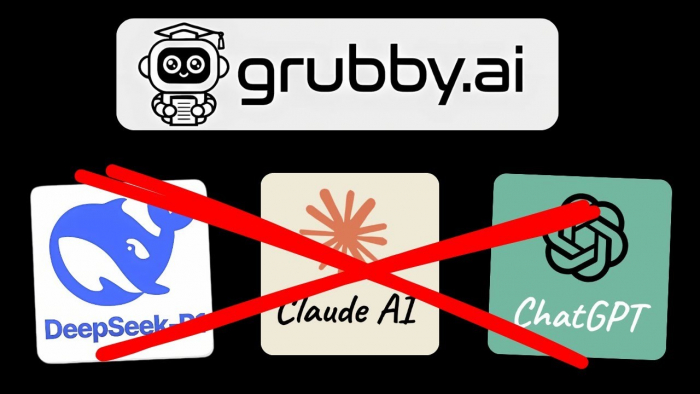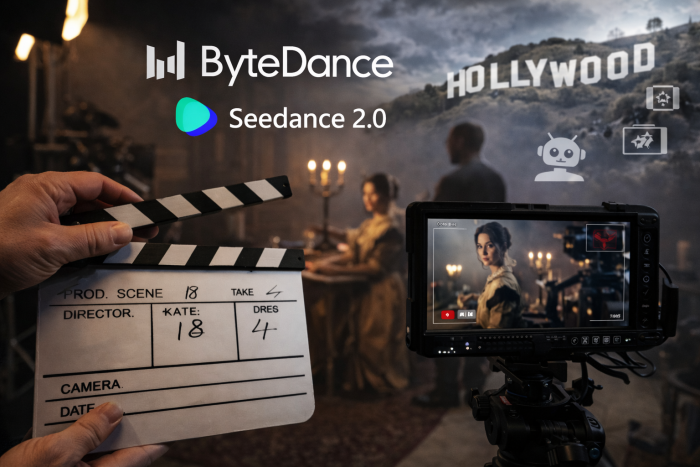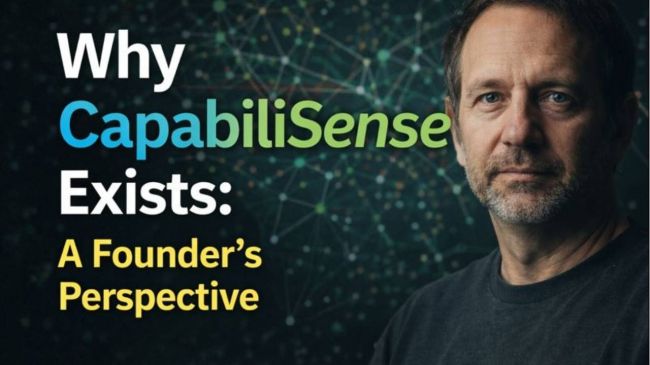Artificial Intelligence, particularly Large Language Models (LLMs), is rapidly transforming how B2B buyers discover and evaluate potential partners. As of May 2025, AI isn't just a futuristic concept; it's a present-day reality, with a significant portion of B2B decision-makers using AI tools in their procurement process. For B2B leaders, this means a fundamental shift: ensuring your firm is visible and accurately represented by AI is no longer optional, it's essential for growth. At the heart of this challenge lies the strategic management of your business citations.
What are Business Citations and Why Do They Matter So Much Now?
A business citation is any online mention of your company's core identifying information: Name, Address, Phone number, and Website (NAPW). Traditionally, a cornerstone of local SEO, citations have gained monumental importance because they are a primary food source for AI systems.
AI models build their understanding of the business world through complex data structures like "knowledge graphs." They use processes like "entity resolution" to correctly identify and link information about your specific company. Accurate and consistent NAPW data across the web is the bedrock of this process.

If AI finds the same, correct NAPW for your firm on your website, major directories, niche industry portals, and even in news articles, its "confidence" in your data increases. This directly influences whether AI includes your firm in its summaries or recommends your services. Conversely, inconsistent information erodes AI's trust, potentially leading to your firm being misrepresented or invisible. This impacts your E-E-A-T (Experience, Expertise, Authoritativeness, Trustworthiness) signals, crucial for both AI and human users. In fact, businesses that take deliberate steps to build trust online—especially through credible, AI-recognized signals—see stronger engagement across platforms. Here’s how AI is helping businesses establish online trust and credibility in 2025.
Feeding the Machine: Citations as AI Training Data and Decision Fuel
AI models are trained on vast amounts of publicly accessible web content - and that includes your business citations. The collective accuracy of your online NAPW footprint essentially educates AI about your existence and reputation. Remember, AI generally doesn't learn from content hidden behind forms; public data is key.
When a B2B buyer asks an AI, "What's the best CRM for a small marketing agency?", the AI scans its knowledge base. It looks for firms whose citation data matches the query. Accurate, detailed citations act as "shortlisting fuel." Being cited in AI-generated overviews also drives qualified traffic, as many buyers click these sources for verification.
The High Cost of Inaccuracy in the AI Age
Flawed citation data doesn't just mean being overlooked; it can actively harm your business. AI can "hallucinate" or generate incorrect information if its input data is conflicting. Imagine an AI presenting potential clients with an old address for your business. This damages credibility. Persistent inaccuracies can lead to AI systems systematically de-prioritizing your business.
A Strategic Framework for Citation Mastery:
1. Audit & Correct: The first step is a thorough audit. Confirm your official NAPW and then systematically check and correct it across all key platforms – starting with Google Business Profile. This foundational work is critical, and it's an area where specialized expertise in citation management, such as services offered by https://www.kclocalseo.com/, can make a significant difference in ensuring thoroughness and accuracy.
2. Strategic Building & Optimization:
◦ Quality Citations: Focus on getting listed accurately in authoritative general directories, crucial B2B marketplaces, and niche directories relevant to your specialization.
◦ AI-Interpretable Content: Structure your website content for AI with clear headings and concise summaries. This is part of Generative Engine Optimisation (GEO).
◦ Schema Markup: Implement structured data markup (like Organization, Service schema) on your website. This provides explicit, machine-readable information to AI.
3. Align Digital Assets: Ensure your LinkedIn Company Page and information disseminated via PR are consistent with your NAPW and core messaging. These are valuable unstructured citations.
4. Establish Ongoing Governance: Citation management is not a one-time task. Assign clear internal responsibility, establish protocols for regular audits and updates, and use tools to maintain accuracy. For many businesses, outsourcing this ongoing diligence to a trusted partner like KC Local SEO helps ensure these critical signals remain strong and consistent.
In the age of AI, managing your business citations has evolved from a simple marketing chore to a vital strategic function. By proactively ensuring the accuracy, consistency, and authority of your digital footprint, you provide AI with the reliable data it needs to understand your value and connect you with the right B2B buyers. The future of your B2B visibility depends on it.
Post Comment
Be the first to post comment!





